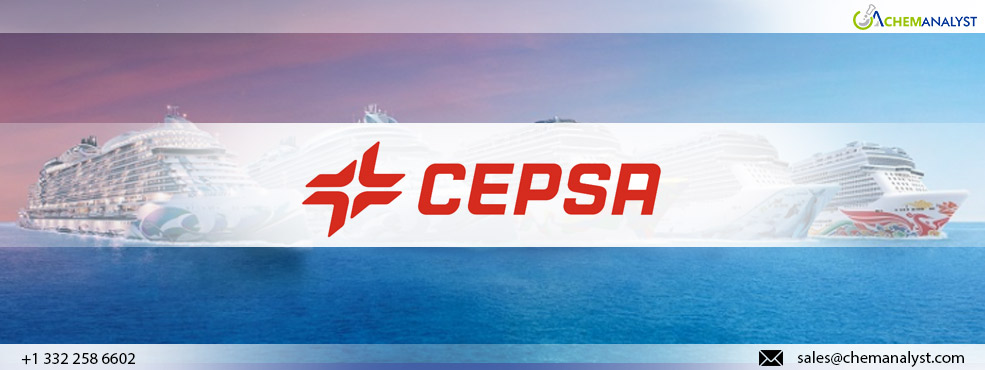Welcome To ChemAnalyst

Cepsa, a key energy provider for maritime transport in Spain, has initiated its first direct delivery of second-generation biofuels for the cruise industry at the Port of Barcelona. This supply marks a significant milestone, with additional deliveries planned over the coming months from both Barcelona and Algeciras ports. The biofuel provided contains 24% sustainable components, aiming to cut CO2 emissions by around 3,000 tons—equivalent to planting 200,000 trees. Produced from used cooking oils, this biofuel supports the circular economy.
The Norwegian Escape, a 1,069-foot vessel operated by Norwegian Cruise Line Holdings (NCLH), was the first to receive this biofuel in late July. Cepsa also supplied biofuel to two other NCLH ships, the 734-foot Seven Seas Voyager and the 785-foot Oceania Riviera, in early August. This supply solidifies Cepsa’s role as a leader in the energy transition and maritime energy supply, with the capability to regularly provide these sustainable fuels at Spanish ports.
Samir Fernández, Cepsa’s Director of Marine Fuel Solutions, expressed enthusiasm for the use of second-generation biofuels by the cruise industry as it advances its decarbonization efforts. He noted that these marine fuels can be used in existing ships without engine modifications and have the potential to reduce CO2 emissions by up to 90% compared to traditional fossil fuels, making them a highly effective short-term solution.
This development aligns with the Cruise Lines International Association’s (CLIA) focus on ensuring access to low-carbon fuels to achieve net-zero carbon cruising by 2050. According to CLIA’s 2023 report, over 31 million people worldwide chose to cruise, with more than 8 million in Europe. The sector's recovery from COVID-19 highlights the need for rapid and effective decarbonization.
Historically, oil-based fuels have met over 99% of international shipping's energy needs. To achieve net-zero emissions, the industry must increase its use of alternative fuels like biofuels, hydrogen, ammonia, and electricity. The European Commission’s "Fit for 55" package and the International Maritime Organization’s revised strategy both establish ambitious goals for cutting greenhouse gas emissions. Specifically, the "Fuel EU Maritime" initiative aims to cut emissions intensity by 2% by 2025, 6% by 2030, and 80% by 2050, compared to 2020 levels.
Cepsa is committed to advancing the decarbonization of maritime transport through a diverse portfolio, including biofuels and liquefied natural gas (LNG). The company is also planning to supply synthetic marine fuels, such as green ammonia and methanol, from its Andalusian Green Hydrogen Valley project in southern Spain. With its "Positive Motion" strategy, Cepsa aims to become the top biofuel producer in Spain and Portugal by 2030, targeting an annual production capacity of 2.5 million tons and green hydrogen output equivalent to 2 GW.
We use cookies to deliver the best possible experience on our website. To learn more, visit our Privacy Policy. By continuing to use this site or by closing this box, you consent to our use of cookies. More info.
